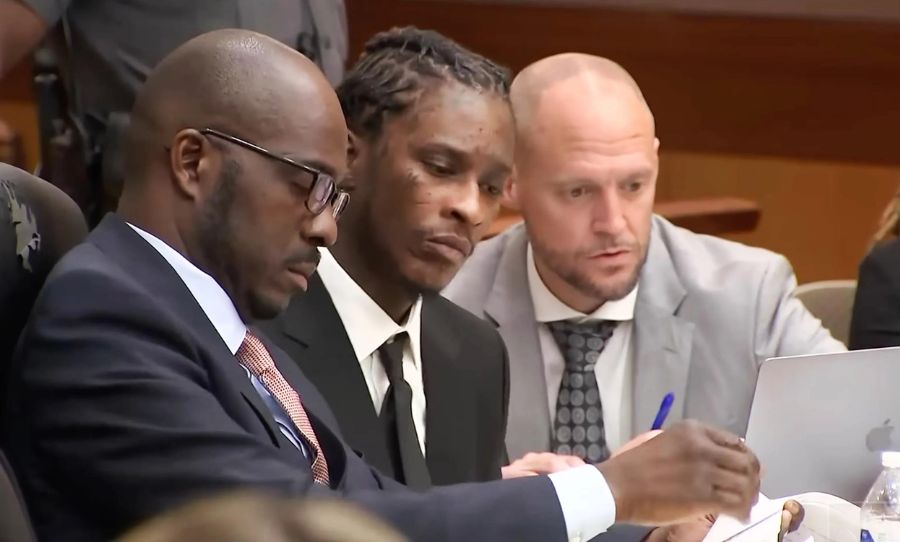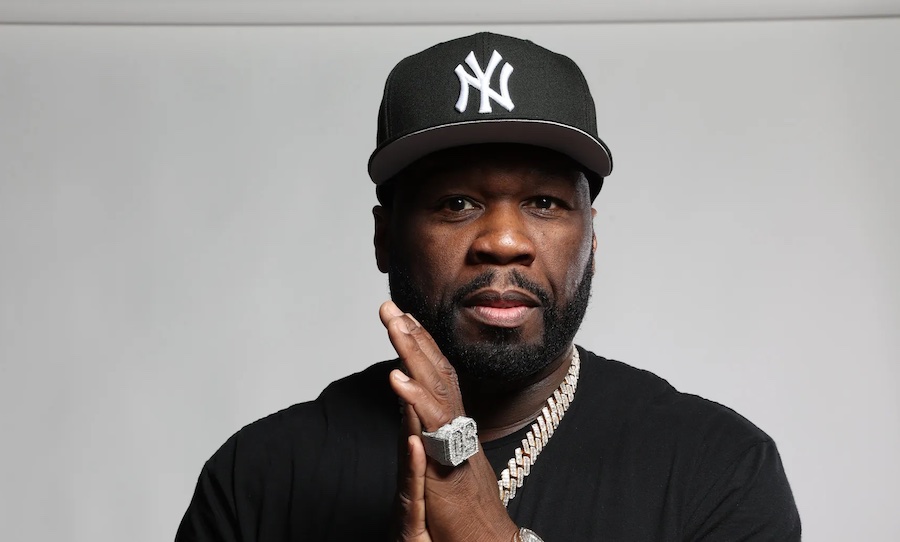Young Thug, faces a controversial racketeering trial that sees his art intertwining with alleged criminal activity
Rapper Young Thug, whose real name is Jeffrey Williams, is facing down serious charges in a racketeering trial.
The trial marked by delays and controversy since jury selection began in January, has captured the attention of the music industry and beyond, has been a long time coming.
The prosecution, led by Adriane Love, paints a picture of Young Thug as the “proclaimed leader” of a gang operating under the guise of his record label, YSL (Young Stoner Life).
Love’s presentation included a unique twist, quoting Rudyard Kipling‘s “The Law of the Jungle” to set the tone for the prosecution’s narrative.
One of the most eyebrow-raising aspects of the trial is the state’s use of rap lyrics as evidence.
Love addressed this head-on, emphasising that they didn’t follow lyrics to solve a crime but rather stumbled upon them while investigating real-world events.
Young Thug’s track “Take It To Trial” took centre stage, with the prosecution claiming an “uncanny similarity” between its lyrics and specific incidents, such as the shooting of a rival gang member in 2015.
However, Young Thug’s defence, represented by Max Schardt, presents a different narrative.
They argue that YSL is simply Young Thug’s brainchild, Young Stoner Life Records, a hip-hop label fostering artistic collaboration rather than a criminal enterprise.
Schardt further emphasises that the lyrics in question are simply artistic expressions and should not be taken literally as confessions of criminal intent.
He argues that the prosecution’s approach is unfairly targeting Young Thug’s artistic expression and is rooted in negative stereotypes about Black culture.
The trial, which began with a delayed start due to car trouble for one juror, is expected to be a lengthy affair, potentially stretching into 2024.
As the legal proceedings unfold, the case raises broader questions about the treatment of rap lyrics as evidence and the cultural context surrounding the prosecution of Black expression.
The outcome of the case could have significant implications for hip-hop artists and the broader cultural conversation about race, art, and free expression.
Check out the trial above and here.



